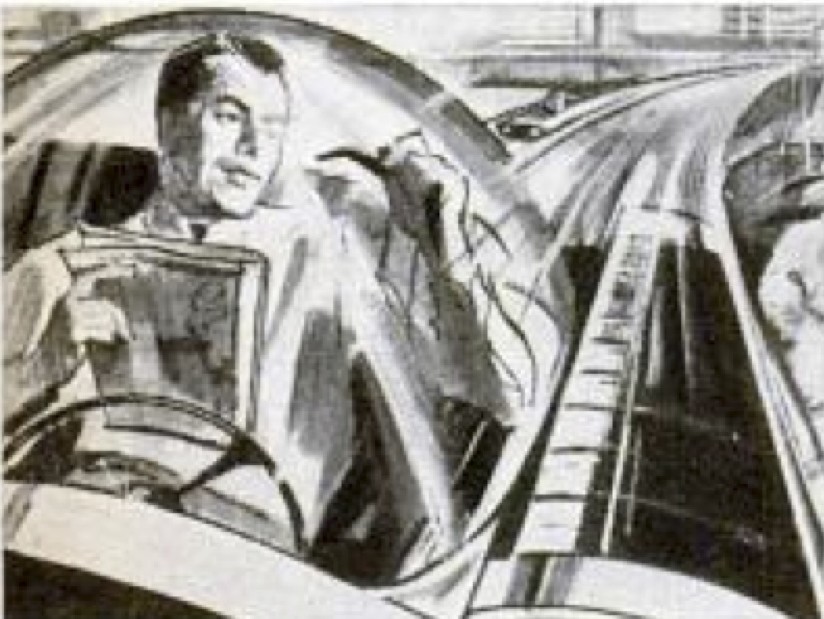Some argue, as John Thornhill does in a new Financial Times column, that technology may not be the main impediment to the proliferation of driverless cars. I doubt that’s true. If you could magically make available today relatively safe and highly functioning autonomous vehicles, ones that operated on a level superior to humans, then hearts, minds and legislation would soon favor the transition. I do think driving as recreation and sport would continue, but much of commerce and transport would shift to our robot friends.
Earlier in the development of driverless, I wondered if Americans would hand over the wheel any sooner than they’d turn in their guns, but I’ve since been convinced we (largely) will. We may have a macro fear of robots, but we hand over control to them with shocking alacrity. A shift to driverless wouldn’t be much different.
An excerpt from Thornhill in which he lists the main challenges, technological and otherwise, facing the sector:
First, there is the instinctive human resistance to handing over control to a robot, especially given fears of cyber-hacking. Second, for many drivers cars are an extension of their identity, a mechanical symbol of independence, control and freedom. They will not abandon them lightly.
Third, robots will always be held to far higher safety standards than humans. They will inevitably cause accidents. They will also have to be programmed to make a calculation that could kill their passengers or bystanders to minimise overall loss of life. This will create a fascinating philosophical sub-school of algorithmic morality. “Many of us are afraid that one reckless act will cause an accident that causes a backlash and shuts down the industry for a decade,” says the Silicon Valley engineer. “That would be tragic if you could have saved tens of thousands of lives a year.”
Fourth, the deployment of autonomous vehicles could destroy millions of jobs. Their rapid introduction is certain to provoke resistance. There are 3.5m professional lorry drivers in the US.
Fifth, the insurance industry and legal community have to wrap their heads around some tricky liability issues. In what circumstances is the owner, car manufacturer or software developer responsible for damage?•
Tags: John Thornhill

